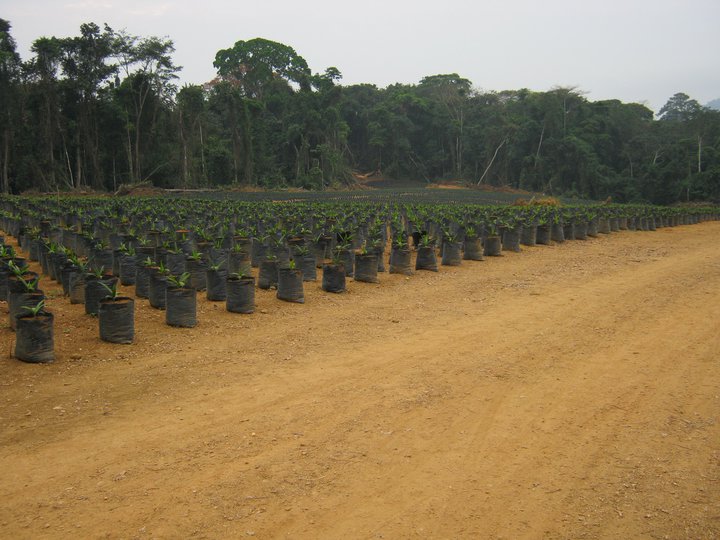The Baka Peoples, known in the Congo as Bayaka (Bebayaka, Bebayaga, Bibaya), are hunter-gatherers inhabiting the southeastern rain forests of Cameroon, northern Republic of Congo, northern Gabon, and southwestern Central African Republic.
The Baka are sometimes referred to as a subgroup of the Twa, but the two peoples are not closely related. Likewise, the name “Baka” is sometimes mistakenly applied to other area peoples who, like the Baka and Twa, have been historically called pygmies (a term that is considered to be quite disrespectful).
Unlike most other Central African Peoples, the Baka maintain a unique language, also called Baka. Although nearly all of their neighbors—including the Aka—speak Bantu languages, the Baka languages are of a different language family, Ubangian. In addition, many Baka speak Koozime, Bakoum, Bangandou, et al., the tongues of their respective Bantu neighbours, as second languages. A much smaller proportion speak French.
Baka religion is animist. They worship a forest spirit known as Jengi, also called Djengi or Ejengi, whom they perceive as both a parental figure and guardian. Each successful hunt is followed by a dance of thanksgiving known as the Luma, which is accompanied by drumming and polyphonic singing. One of the most important traditional ceremonies is the Jengi, a long and secret rite of initiation which celebrates the boy’s passage into adulthood, studied in depth by the anthropologist Mauro Campagnoli, who also could take part in it. The Baka practice traditional medicine, and their skills are such that even non-Baka often seek out their healers for treatment.
Adapted from Wikipedia’s article on the Baka Peoples
Relevant Links


